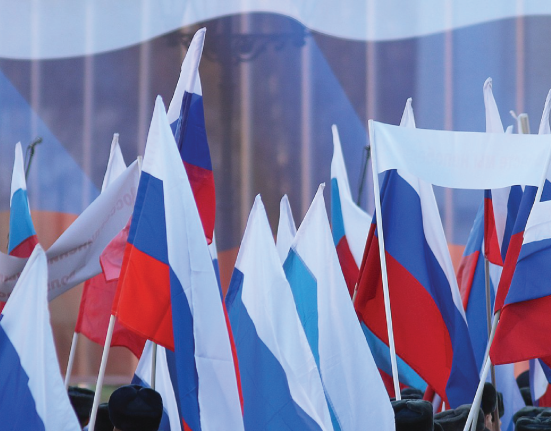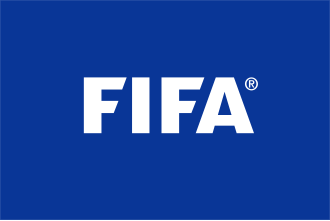The Lagos State Government has officially announced the airfare for the 2026 Hajj pilgrimage, pegging it at N8.561 million. This rate is part of the state’s continued efforts to streamline and regulate the cost of the sacred journey for intending pilgrims from Nigeria’s most populous state. Additionally, the government has fixed the fee for the upcoming Ramadan Umrah pilgrimage at N5.7 million, offering Muslims an opportunity to perform the lesser pilgrimage during the holy month of Ramadan.
This announcement comes as part of Lagos State’s commitment to ensuring transparency, affordability, and quality service for Muslim faithful eager to undertake these religious rites. The set fares cover expenses such as flights, accommodation, transportation within the Kingdom of Saudi Arabia, and other logistics required for a smooth pilgrimage experience.
The Hajj pilgrimage, which attracts thousands of Nigerian Muslims annually, is not only a spiritual obligation but also a significant event requiring meticulous planning and financial readiness. Lagos, being home to a large Muslim population, plays a key role in facilitating one of the largest contingents of pilgrims from the country.
Meanwhile, the Ramadan Umrah, which takes place during the fasting month, continues to grow in popularity among Nigerian Muslims seeking to maximize their spiritual rewards by performing additional acts of worship in the holy cities of Makkah and Madinah.
By setting these fares early, the Lagos State Government hopes to give intending pilgrims ample time to prepare financially and physically for their journey. The move also aligns with broader national efforts by Nigeria’s National Hajj Commission (NAHCON) and state pilgrim boards to improve the management and regulation of pilgrimage operations, ensuring safety and comfort for all participants.
As preparations intensify for the 2026 Hajj and Ramadan Umrah, the government encourages pilgrims to register promptly and meet all necessary requirements to secure their places. The set fares reflect current market dynamics but remain subject to periodic review based on operational costs and bilateral agreements with Saudi authorities.







